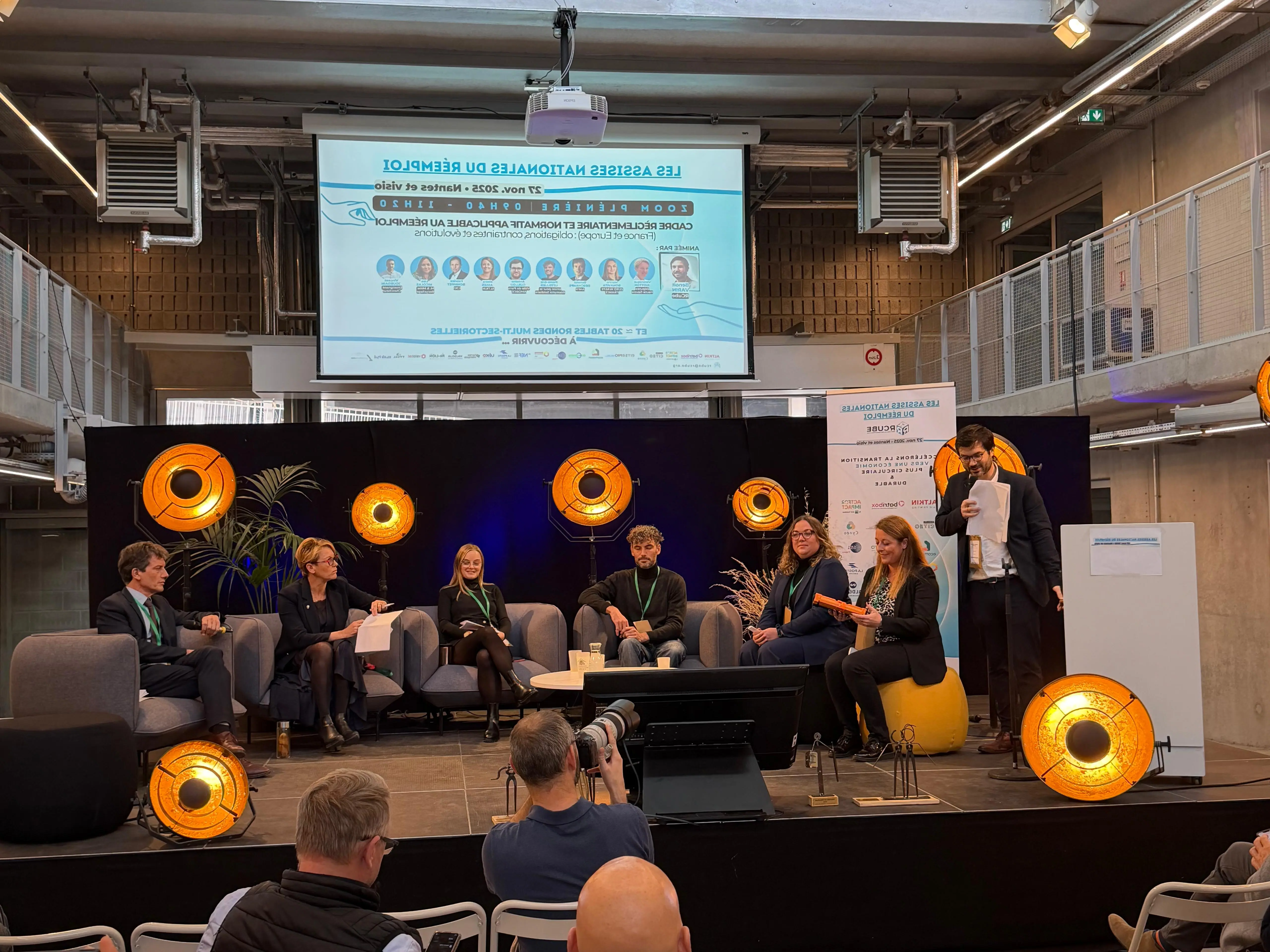"In an unfortunate first, the European Court of Human Rights (ECHR) heard climate change cases on Wednesday 29 March.
Switzerland was sued by pensioners who denounced the effects of global warming on their health, while France was sued by the former mayor of a municipality threatened by flooding, Damien Carême, who has since become an MEP. However, the Court is not expected to make its decisions for several months.
Almost simultaneously, on 20 March, the IPCC published its final report - a synthesis of eight years of scientific work - summarising the main conclusions of previous publications. The 30-page document highlights that "more ambitious measures are urgently needed and that, if we act now, we can still ensure a sustainable and liveable future for the whole planet".
While there are considerably more laws and policies in place to reduce emissions than in 2014, when the IPCC's last synthesis report was published, they are still not up to the task, either in terms of pace or scale. Only 18 countries have managed to reduce their emissions for more than ten years (2005-2015). And the trajectories are in the red: the planet is heading for a warming of 2.5°C by the end of the century if the promises made by states are kept, or even 2.8°C if current policies continue.
If we can reduce the current barriers, there is enough capital on the planet to rapidly reduce greenhouse gas emissions. My conviction: we need to invest more resources in climate to achieve the global climate goals. Governments, by making good use of public funds and giving clear signals to investors, can make a significant contribution to reducing these barriers. Investors, central banks and financial regulators can also play a decisive role. Businesses alone will not do it!
And I endorse this recent statement by Antonio Guterres, the UN Secretary General: "Countries must step on the gas immediately (...) Every country must be part of the solution. By demanding that others act first, we ensure that humanity comes last."





